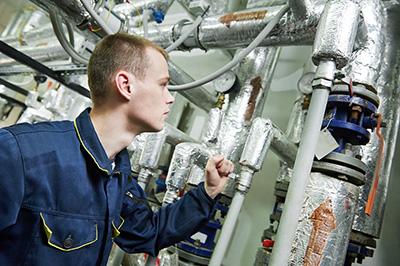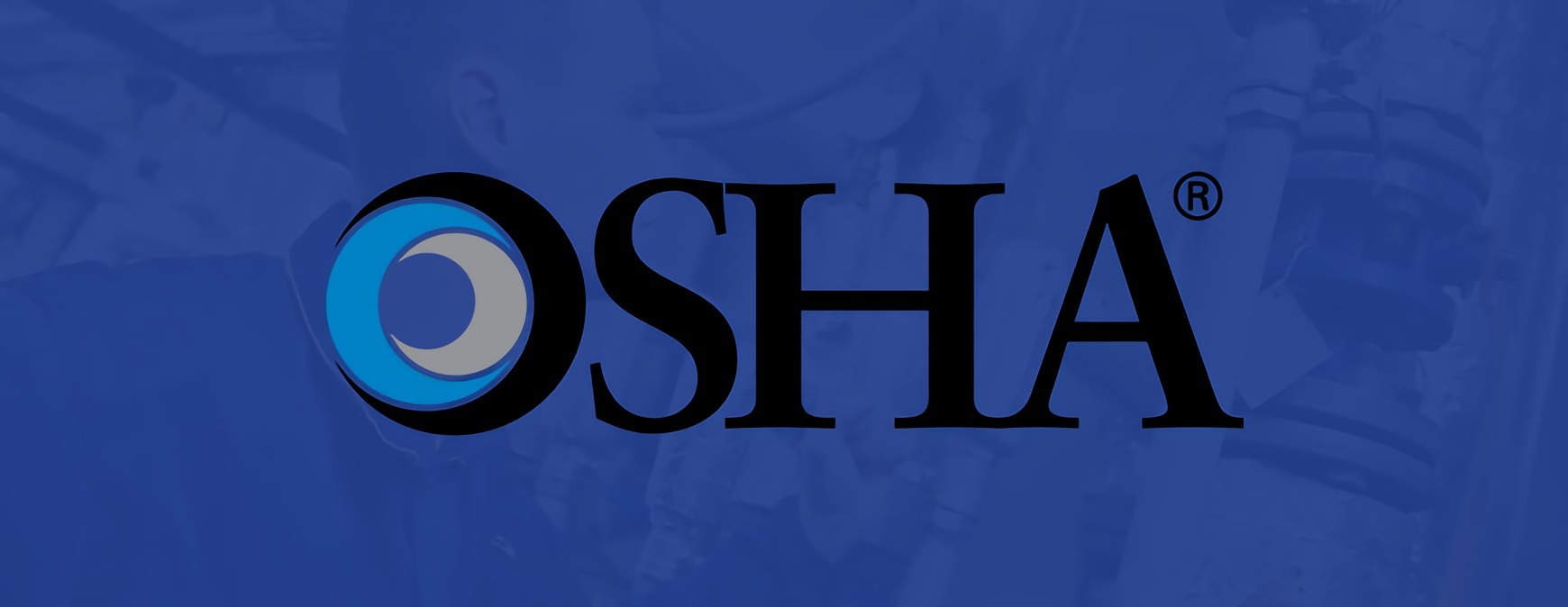RSI is a Great Training Option for Everyone
Learn more about how we can prepare you to advance your career.
The Occupational Safety and Health Administration (OSHA) creates and enforces standards to ensure workers are safe on the job, and its rules affect everyone from retail workers to construction crews to HVAC professionals. 1 Recently, OSHA updated a rule designed to protect HVAC technicians who work in confined spaces.
OSHA’s Role in the HVAC Industry
This is not the first time OSHA has set out guidelines to protect workers in the HVAC industry. Over the years, the agency has created rules for handling hazardous materials safely, as well as standards for using machinery. OSHA has given HVAC workers rules for protecting their health and avoiding injuries. The organization also addresses working with electricity: understanding evacuation, trenching, soil removal dangers, and avoiding falls.
The Confined Spaces Rule

OSHA already had a confined spaces rule for HVAC Contractors, but the agency recently updated it to include attics and crawlspaces as confined spaces, and it has redefined how employers should approach these spaces. Specifically, a “permit” is written that identifies the space, how and when certain workers may enter and for how long, any hazardous conditions, and other factors that could ensure worker safety. 2
Defining Confined Spaces
To be considered a confined space, an area must meet one or more of three conditions:
Get Started on the Path to a New Career
Fill out our form to learn how we can help you change your life.
- The area must be configured in such a way that someone inside could be trapped or asphyxiated; typically, this includes small areas that can be entered by a person but that feature restricted entries or exits and are not normally used for occupancy.
- The area contains a material that may engulf the person inside it.
- The area may have a hazardous atmosphere.
Preparing to Enter a Confined Space
If a contractor identifies a space as confined, he or she must spend some time planning to ensure that the worker is as safe as possible in the area. The oxygen levels in the space should be checked, and it should be monitored for flammable substances and toxins. Supervisors must also identify how the worker should enter and exit the space, and they should ensure that the space is well ventilated for the duration of the project. Finally, hazards must be removed from the area before the work starts.
Staying Safe on the Job
It’s critical for HVAC professionals to know and abide by the relevant safety rules in their industry. Ideally, workers will want to keep abreast of old and new rules regarding everything from protective gear to using the right tools to staying safe around chemicals. Understanding these guidelines helps these professionals safeguard their own health and that of the workers around them.
Additional Sources
1 – https://www.osha.gov/about.html; https://www.osha.gov/OSHA_FAQs.html
3 – http://www.achrnews.com/articles/130279-osha-alters-confined-spaces-rule
This blog has been labeled as archived as it may no longer contain the most up-to-date data. For a list of all current blog posts, please visit our blog homepage at https://www.rsi.edu/blog/




